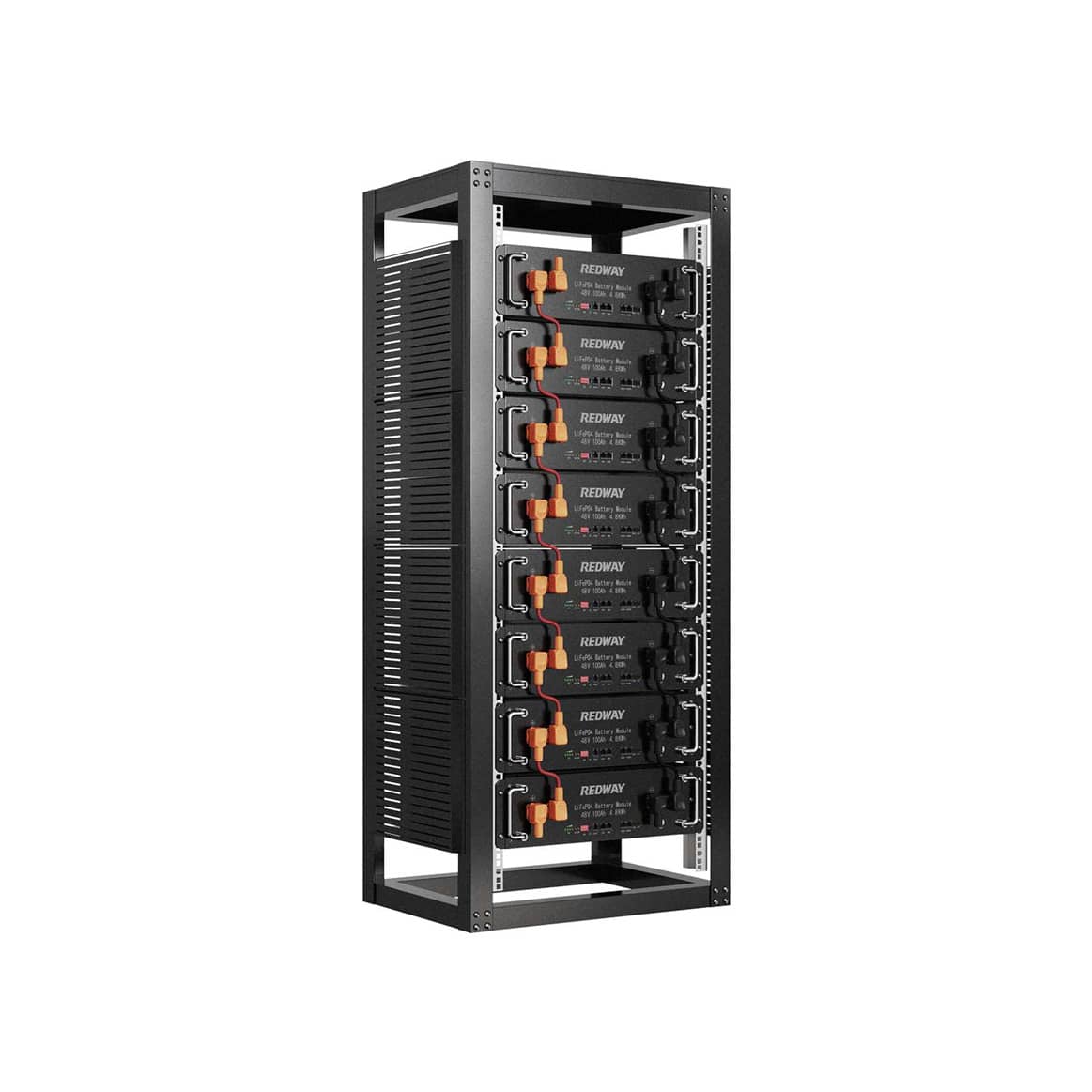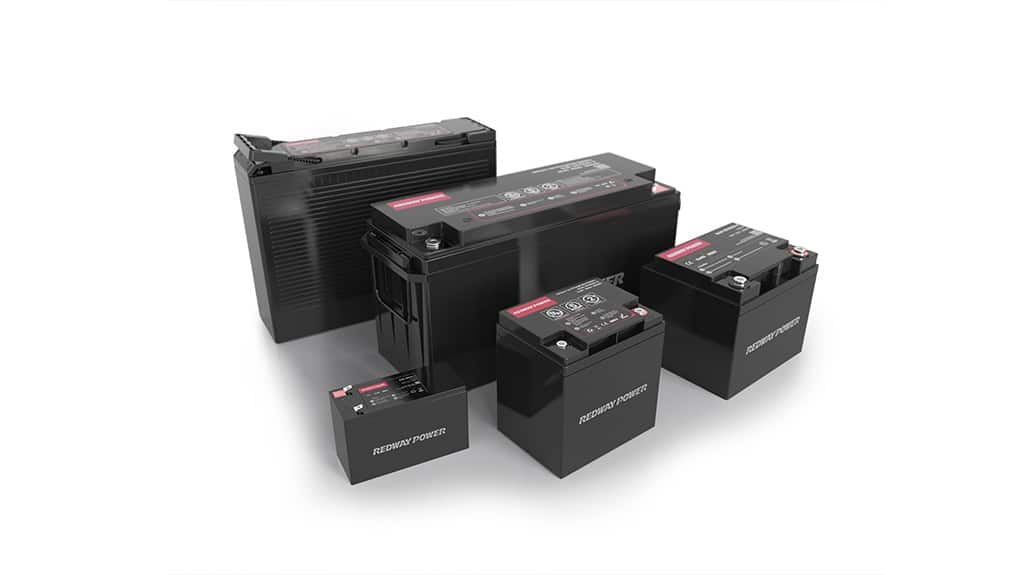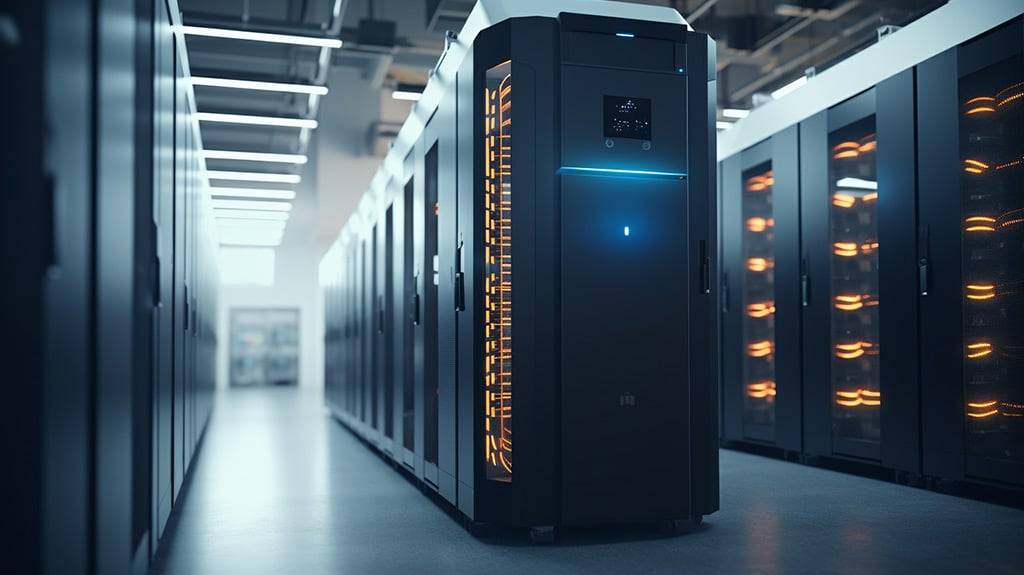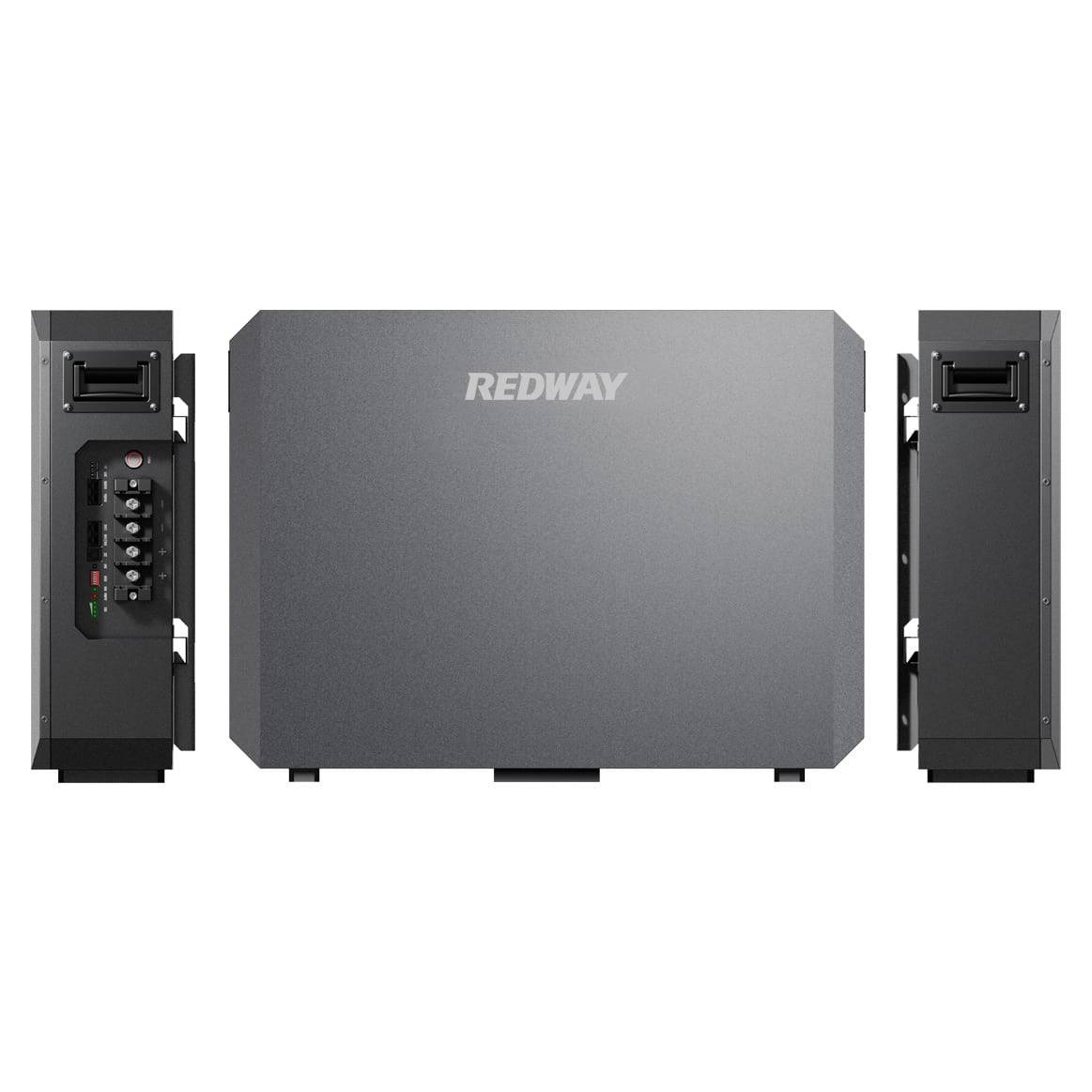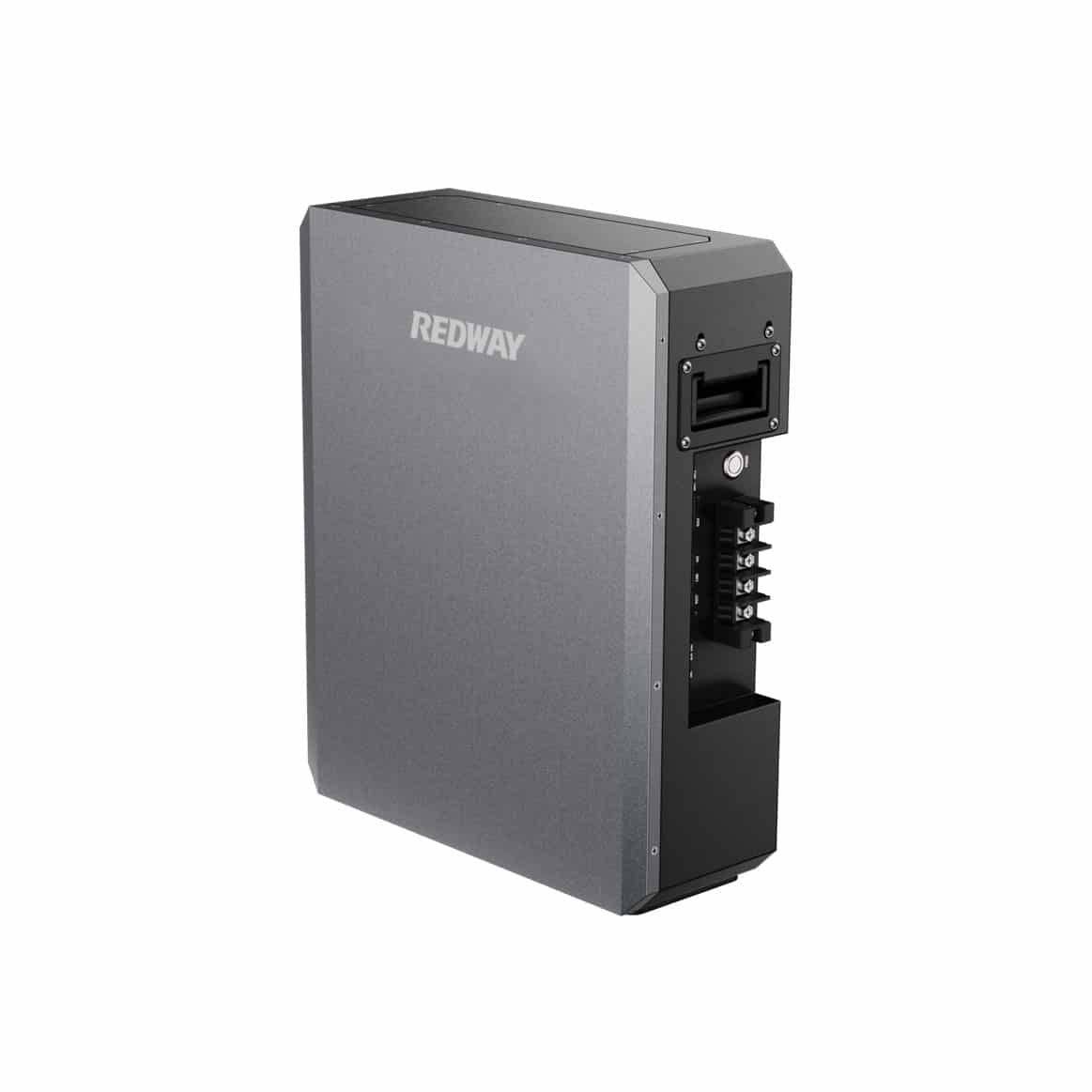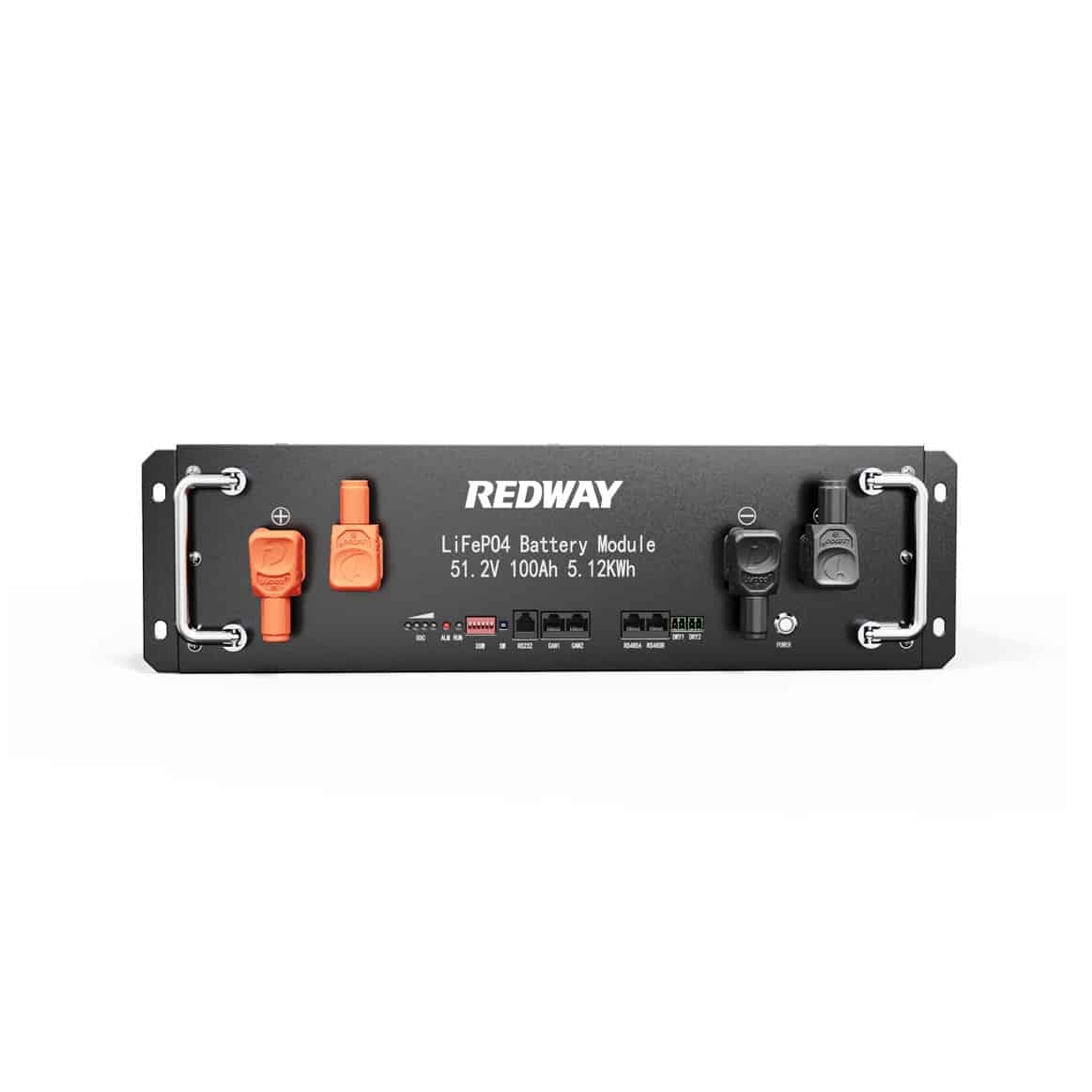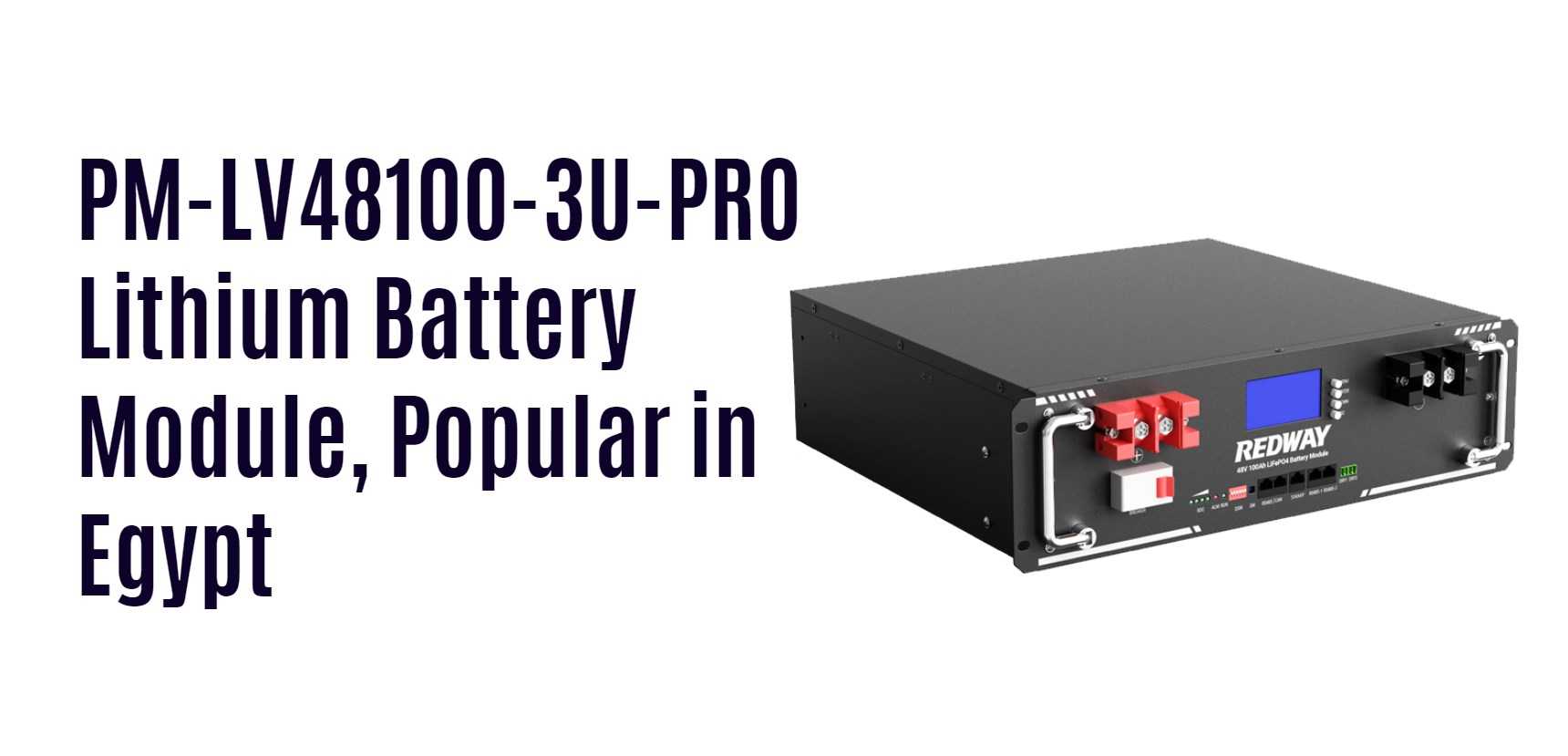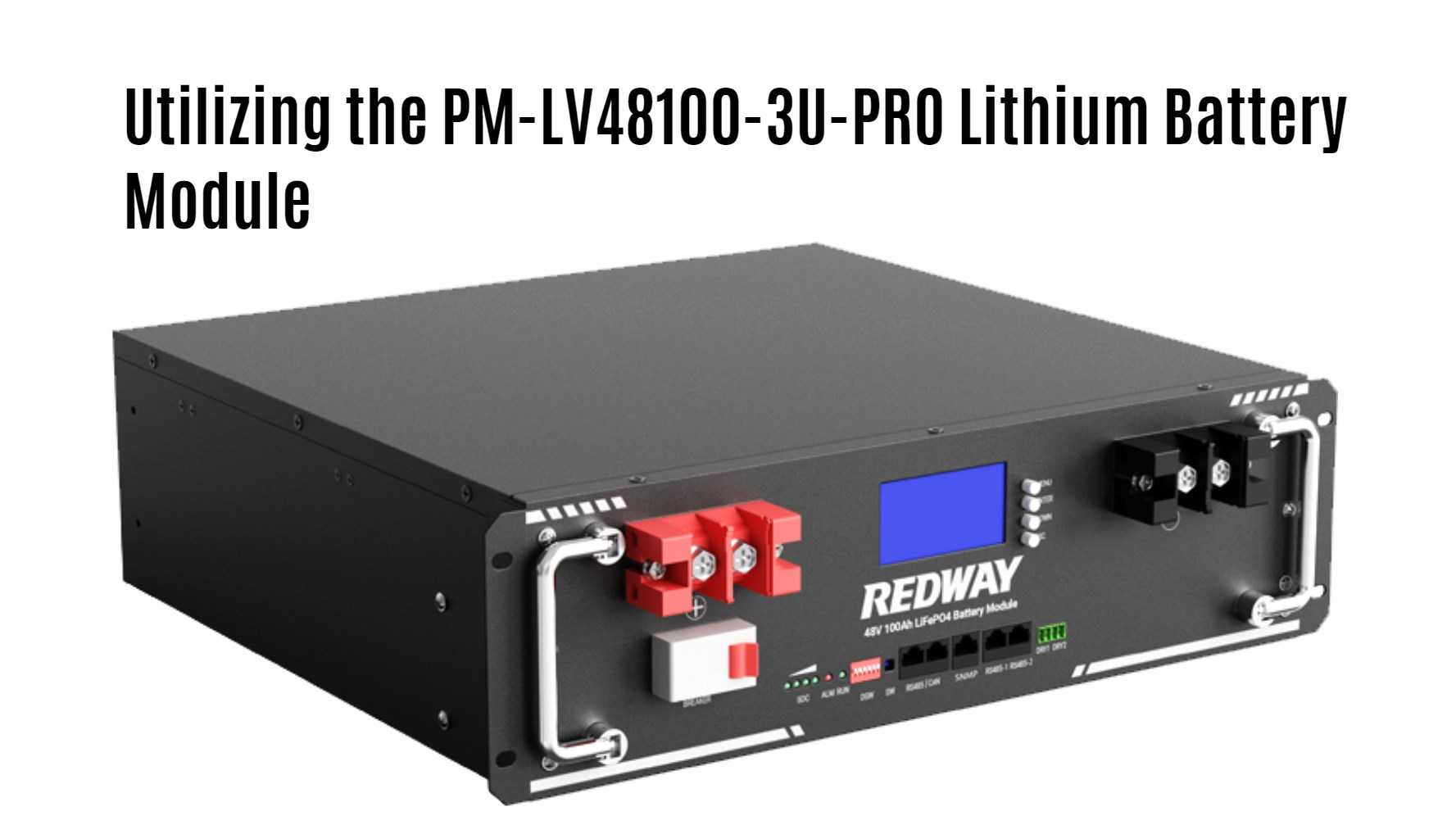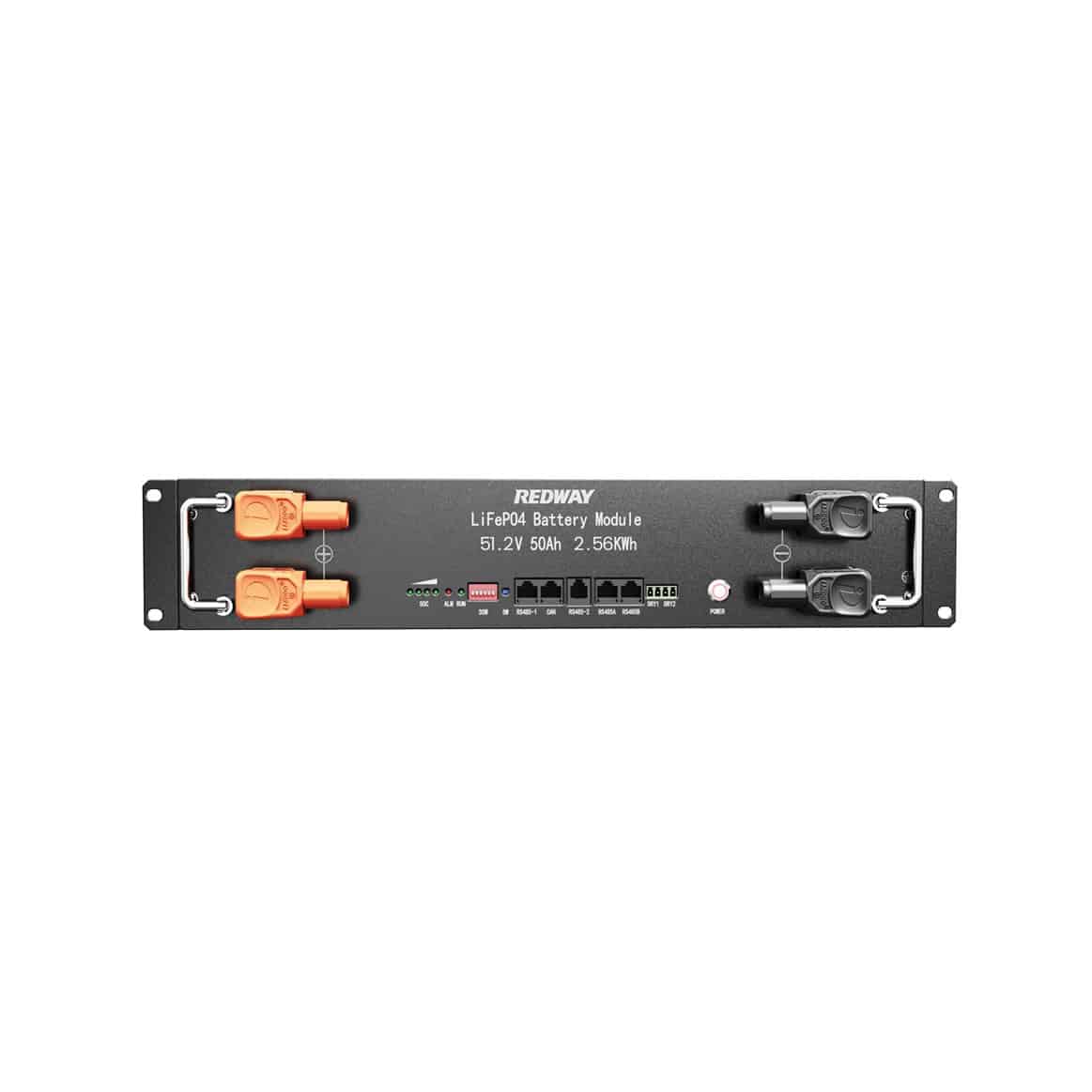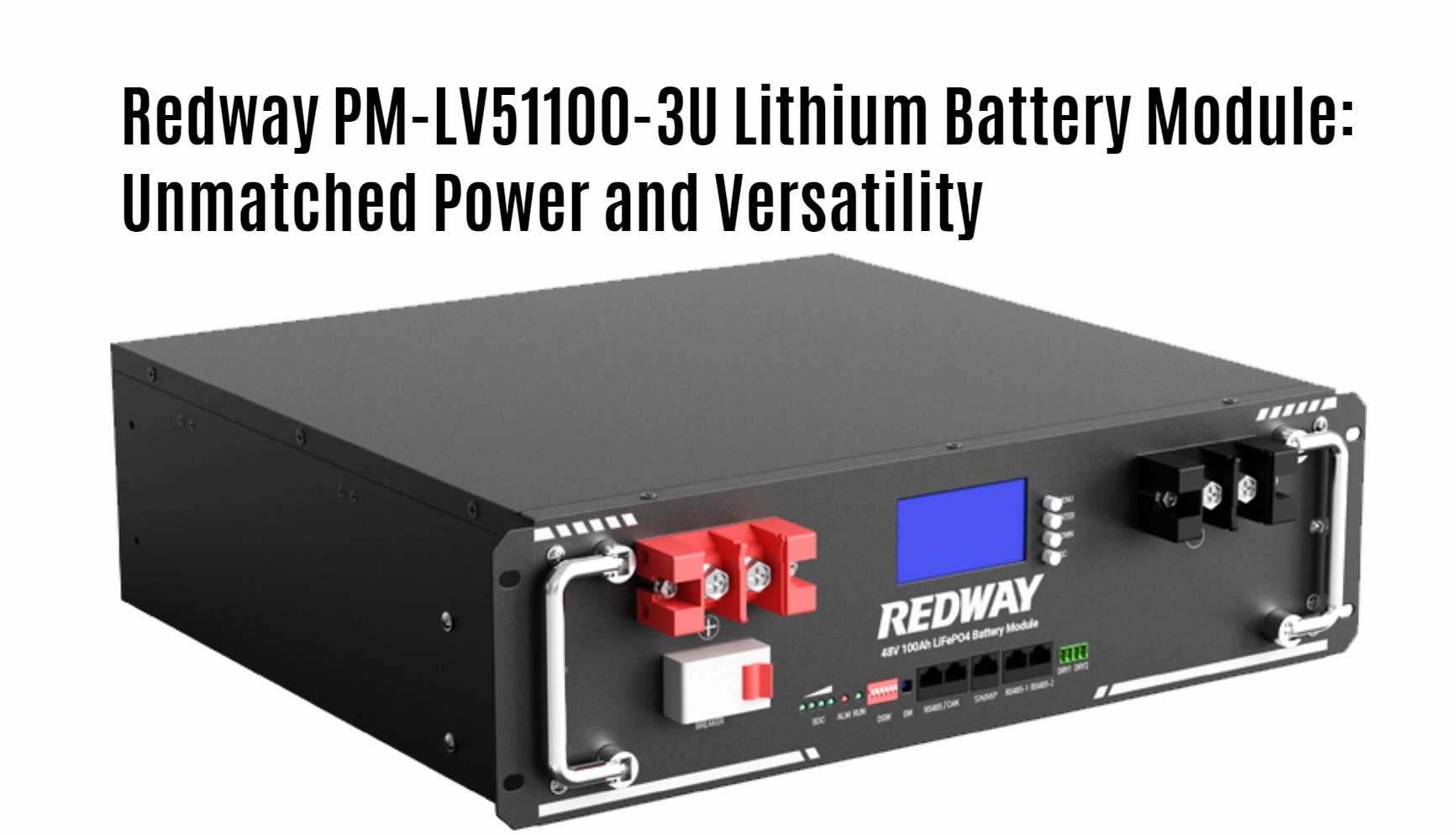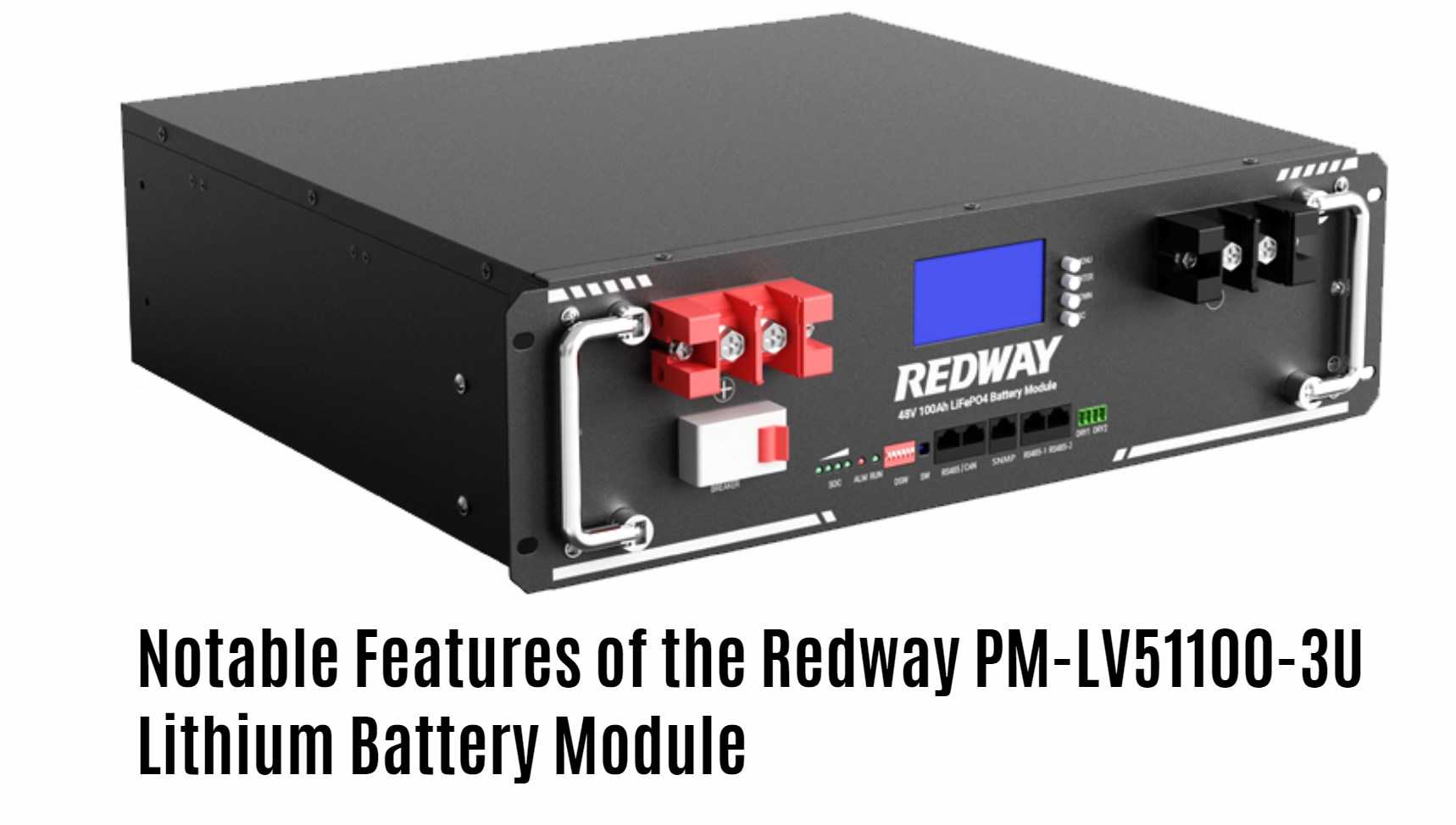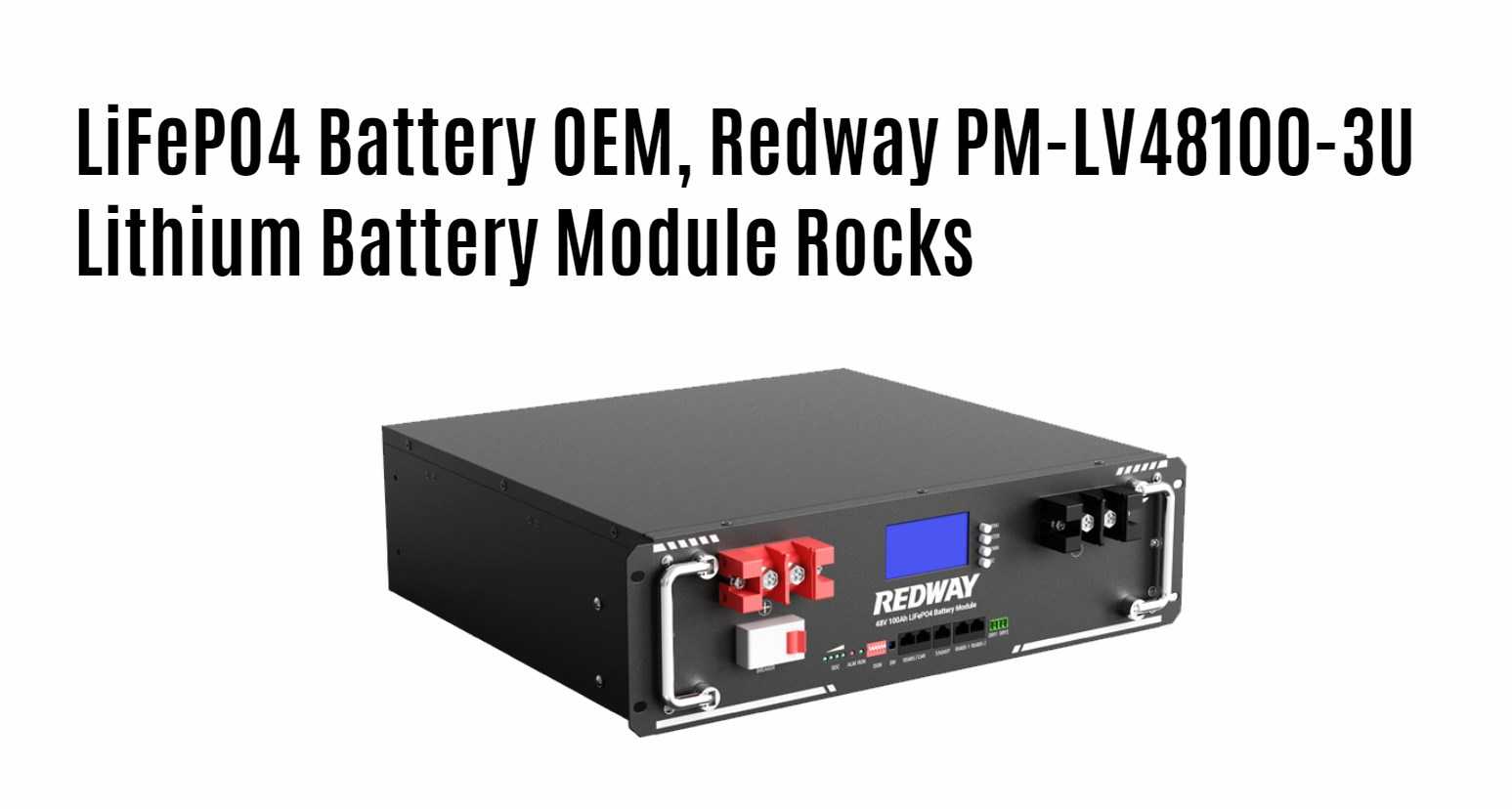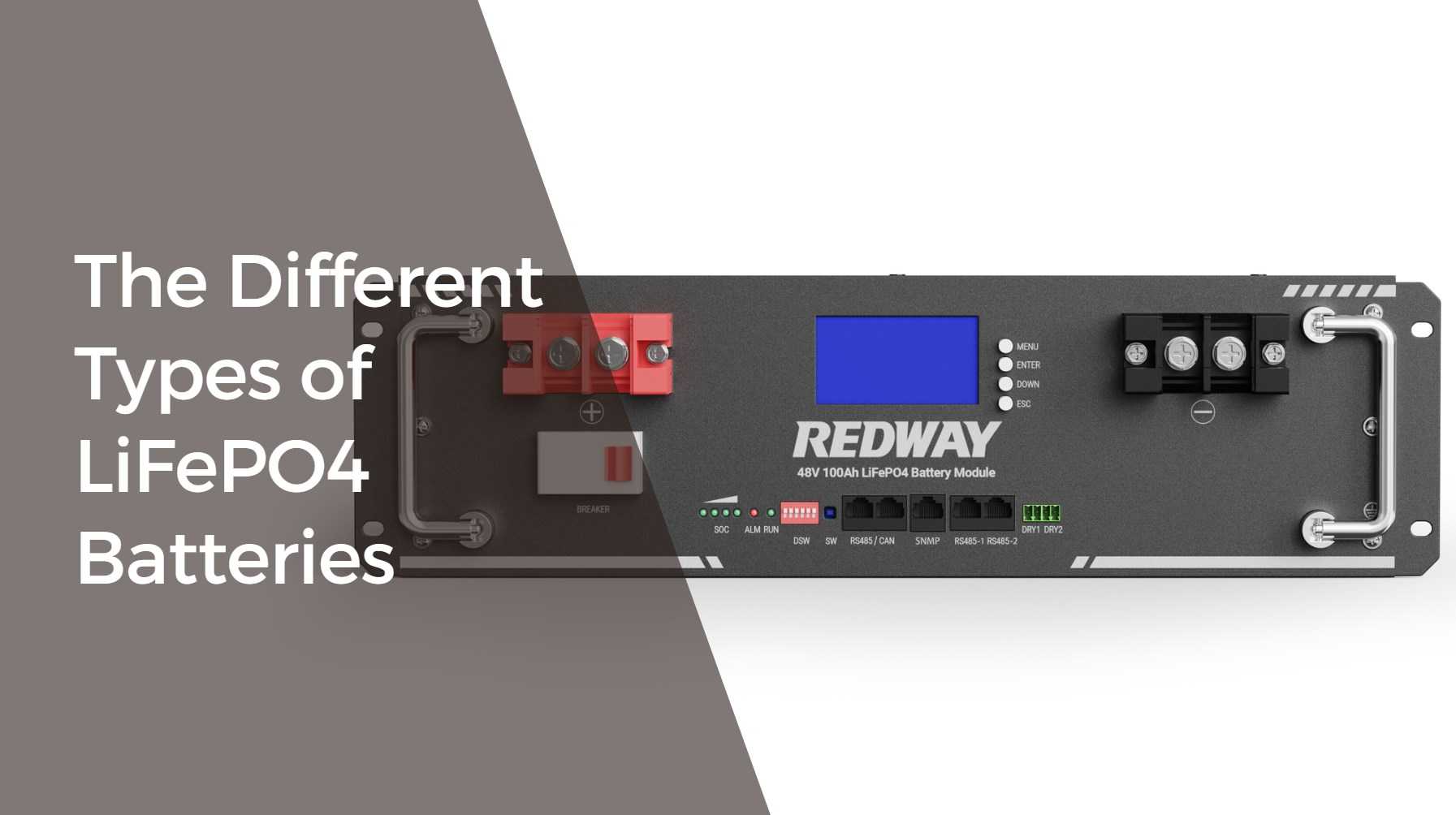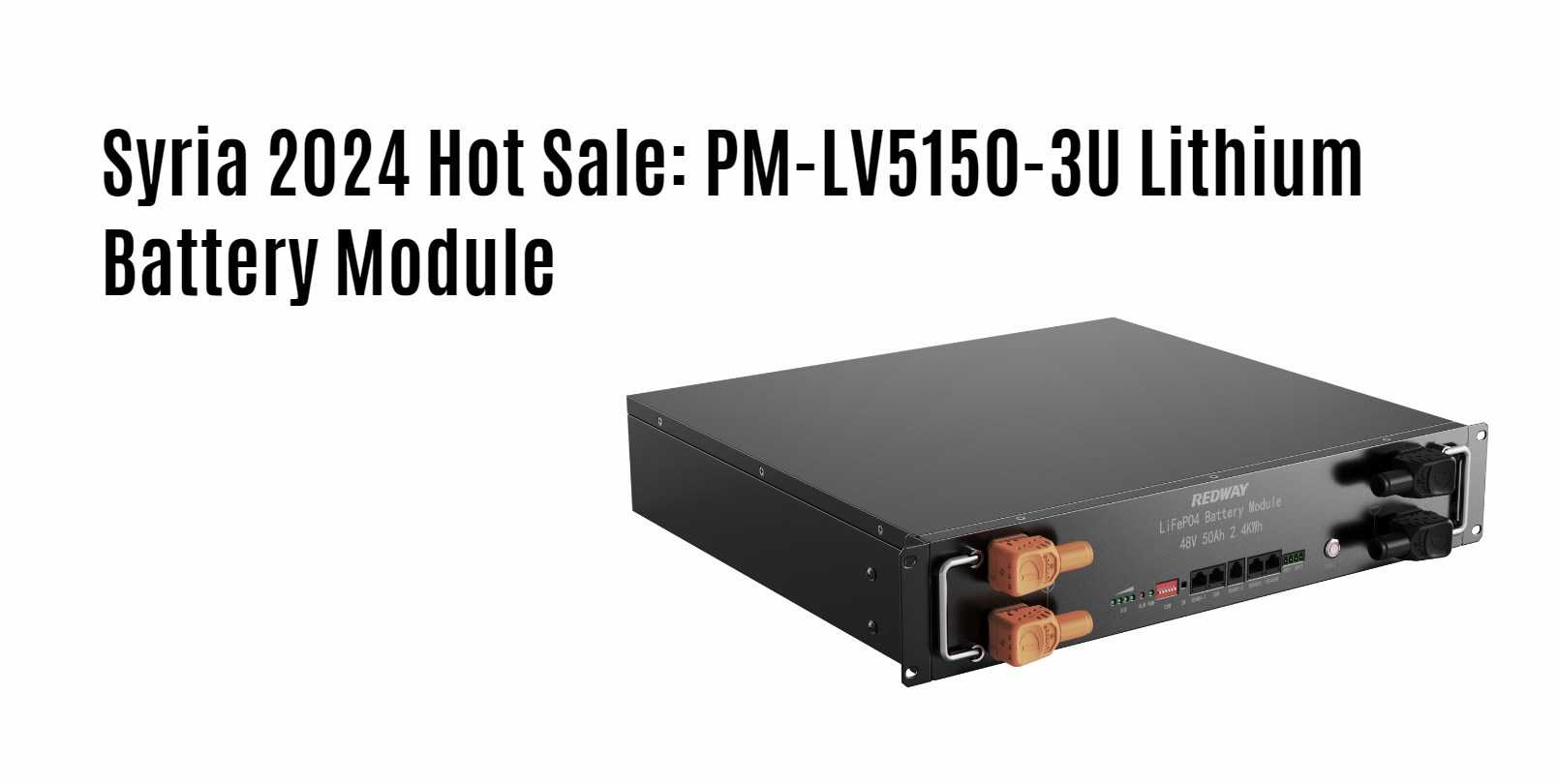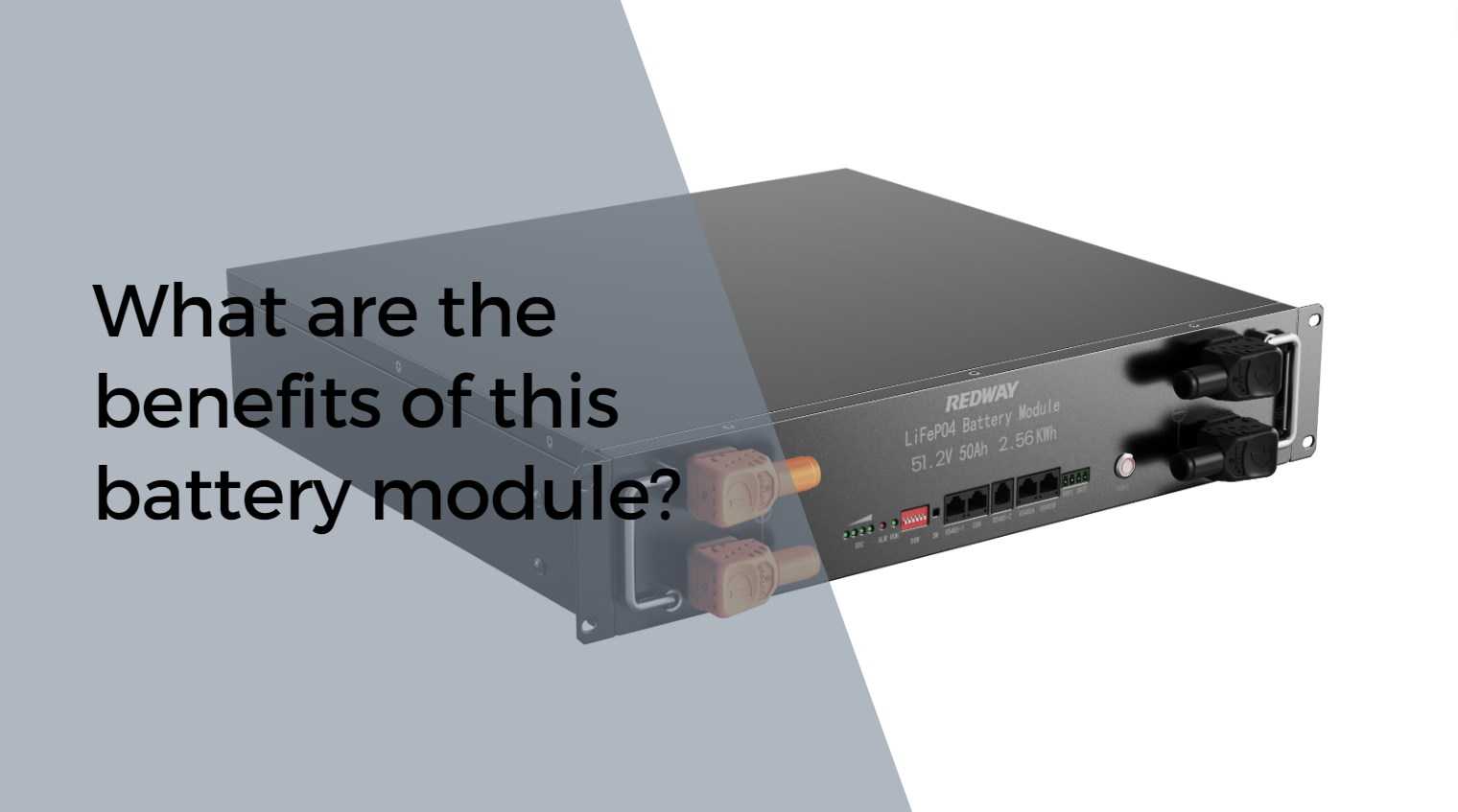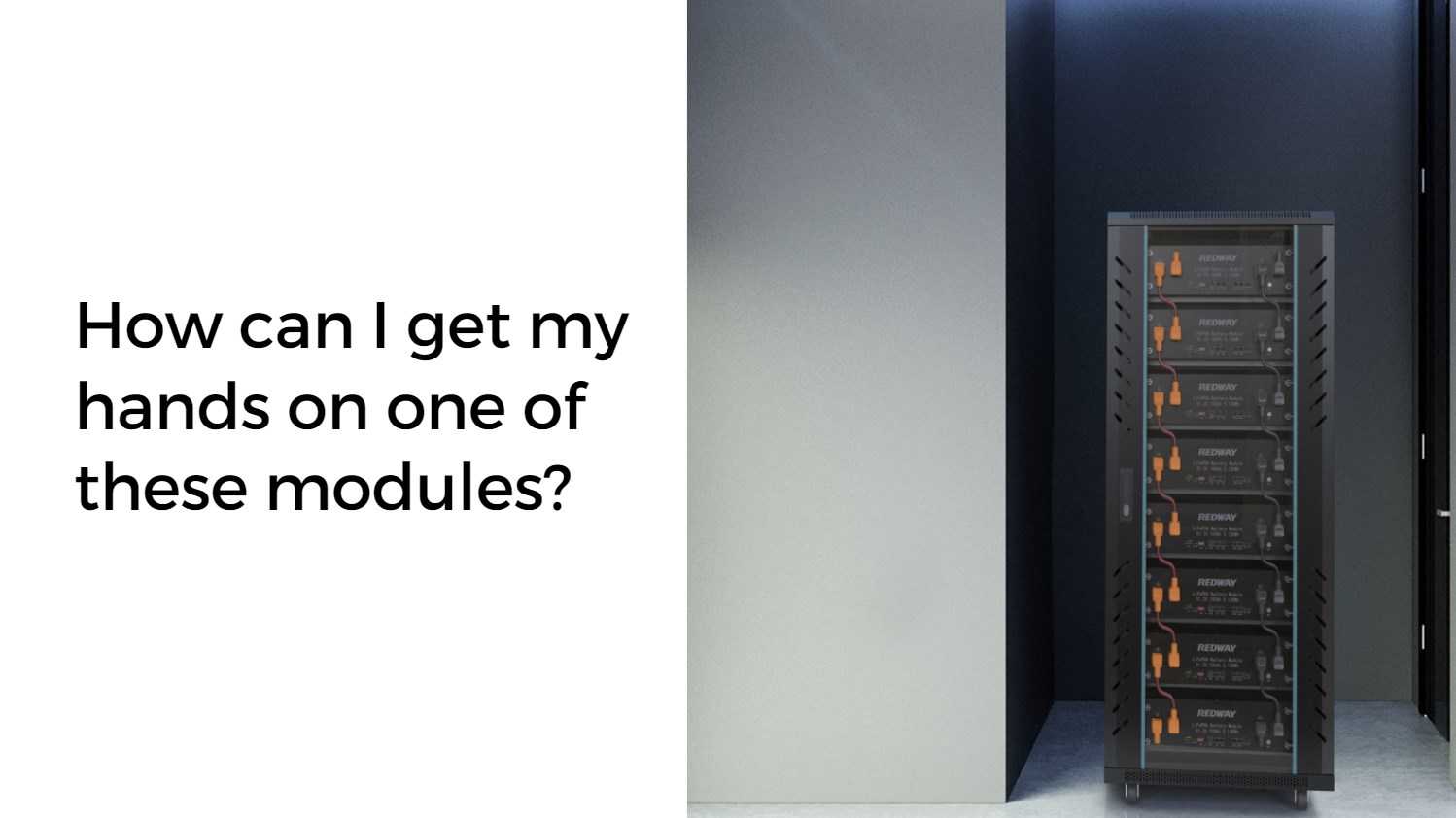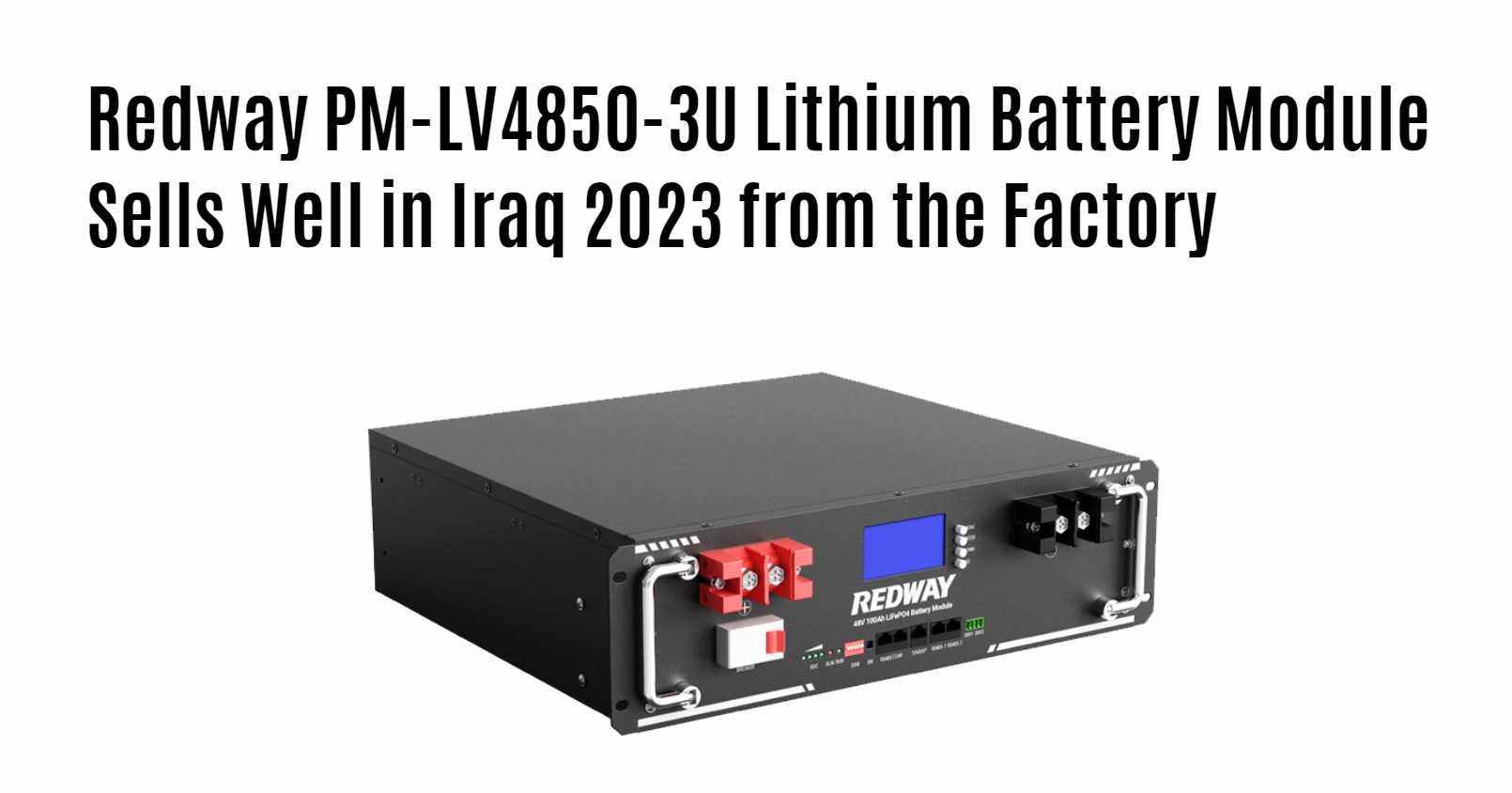Unveiling the Redway PR LV48100 3U PRO Rack Battery System
In the dynamic landscape of modern industries, maintaining uninterrupted operations is paramount. The Redway PR LV48100 3U PRO Rack Battery System stands as a pinnacle of innovation, catering to diverse sectors with its robust design and cutting-edge technology.
What Sets Apart the Redway PR LV48100 3U PRO Rack Battery System?
The Redway PR LV48100 3U PRO Rack Battery System represents a leap forward in power storage solutions. Crafted to meet the rigorous demands of telecommunications, data centers, and emergency backup systems, this system integrates seamlessly into existing infrastructures. Its compact 3U rack-mountable unit optimizes space utilization without compromising on performance.
Key Features and Intelligent Management
At its core, the LV48100 harnesses intelligent management capabilities, allowing real-time monitoring of vital parameters such as voltage, current levels, and temperature fluctuations. This proactive oversight ensures optimal performance and longevity, backed by advanced safety protocols including short-circuit protection and thermal management.
How Does the Redway PR LV48100 Ensure Continuous Operation?
Designed for reliability, the Redway PR LV48100 3U PRO Rack Battery System operates by storing energy within a battery bank that seamlessly engages during power interruptions. This ensures uninterrupted operation until primary power sources are restored, safeguarding critical equipment against downtime.
Advanced Battery Technology and Eco-friendly Design
The system employs cutting-edge battery technology that enhances efficiency and durability. These eco-friendly batteries minimize environmental impact with reduced levels of hazardous chemicals, aligning with sustainable energy practices while delivering consistent performance.
Installation Made Easy
Installing the Redway PR LV48100 3U PRO Rack Battery System is straightforward, requiring minimal technical expertise. By following simple steps and utilizing provided tools, users can quickly integrate the system into their setups. Regular maintenance ensures sustained efficiency and reliability over time.
Exploring Battery Options
The Redway PR LV48100 3U PRO Rack Battery System offers versatility with various battery options tailored to specific operational needs. Whether prioritizing capacity, efficiency, or environmental considerations, there exists a compatible battery type to suit diverse applications.
Conclusion
In conclusion, the Redway PR LV48100 3U PRO Rack Battery System redefines reliability in power storage solutions. Its advanced features, ease of installation, and environmental benefits make it an indispensable asset across global industries. Elevate your operations with a system designed to excel under pressure and ensure continuous uptime.
For more information or to explore how the Redway PR LV48100 3U PRO Rack Battery System can empower your business, contact us today.

